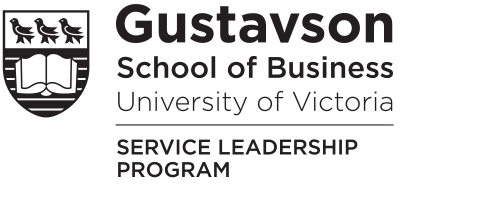3 paths to using feedback expertly
To be a great coach and to be a great coachee requires a unique mindset and way of thinking. Organizations benefit when they educate their coaches and the employees being coached on the importance of the three paths that use feedback in the right way. Both the coach and the coachee benefits when all three paths are taken (rather than just one or two of them):
1. Taking Responsibility for Feedback—At the end of the day, organizations can coach all they want, but if the employee does not take responsibility for his own learning, the coaching will be a wasted resource. Douglas Stone and Shelia Heen discovered in their research on how best to use feedback that, “The key player is not the giver, but the receiver.”
2. Demanding Feedback through Growth Mindset—Employees and their coaches need to have a growth mindset—those people who have this mindset see effort, coaching, feedback, and learning goals as the path to mastery. The incredible work by Carol Dweck on fixed and growth mindset, shows that only employees and coaches with a growth mindset will be able to get the most out of coaching.
3. Receiving Feedback Well—The coachee must be able to use and receive feedback in the right way. If employees know how to receive feedback and how to use it to develop their skills, then coaching is much more likely to stick.




To increase the effectiveness of coaching, both, the coach and coachee should be mindful of taking responsibility for feedback, understand that it will help him to master his skills and be open to receive it.
The importance of having a growth mindset is important to take feedback in a positive way and use that feedback for growth. We also need to be responsible for our actions and take every opportunity to have a positive growth,
“The key player is not the giver, but the receiver”. And, as leaders, sometimes we might think we are going nowhere with someone that is not that open to feedback or have the wrong attitude, but we do have an impact on how they take our feedback and we can help changing their mindset so they start taking responsibility for his own learning and growth. How? Showing that we care about them and setting proper expectations on how we expect to have a positive impact on their development and growth as they are an important part of the company. It’s also on us to avoid coaching becoming a wasted resource.
Coaching is a guide to grow, we should be able to take feedback for our growth and be able to provide feedback in a positive way, understand that feedback/coaching is to master a skill. We are responsible for our own learning.
Effective feedback, both positive and negative, is very helpful. Feedback is valuable information that will be used to make important decisions. Effective feedback has benefits for the giver, the receiver, and the wider organization.